Eyes & Vision
Your eyes are complex organs that need many different vitamins and nutrients to function properly.
Common conditions, such as diabetic retinopathy, age-related macular degeneration (AMD), glaucoma, and cataracts, can impact your eyes.
Though a variety of different factors cause these conditions, nutrition seems to have an influence on all of them — at least in part.
What supplements may help my eye health?
1. Vitamin C
Like vitamin E, vitamin C is a powerful antioxidant that may protect your eyes against damaging free radicals
Vitamin C and several other nutrients are used in the supplement AREDS, which may benefit those with AMD ( ge-related macular degeneration). When taken daily, one study suggests that AREDS (age-related eye disease studies) may reduce the risk of this condition progressing by 25%.
Vitamin C forms collagen, a protein that provides structure to your eyes. Observational studies suggest that this vitamin may protect against cataracts and help prevent the progression of AMD.
2. Vitamins B6, B9, and B12
Researchers have also studied several B vitamins for their impact on eye health, particularly vitamins B6, B9, and B12.
This combination of vitamins can lower levels of homocysteine, a protein in your body that may be associated with inflammation and an increased risk of developing AMD .
Recommended: Now Foods B Complex
3. Riboflavin
Another B vitamin studied in relation to eye health is riboflavin (vitamin B2). As an antioxidant, riboflavin has the potential to reduce oxidative stress in your body, including your eyes.
In particular, scientists are studying riboflavin’s potential to prevent cataracts, as prolonged riboflavin deficiency may lead to this condition. Interestingly, many individuals with cataracts also are deficient in this antioxidant.
Recommended: Now Foods B Complex
4. Niacin
The main function of niacin (vitamin B3) in your body is to help convert food into energy. It can also act as an antioxidant
Recently, studies have suggested that niacin may play a role in the prevention of glaucoma, a condition in which the optic nerve of your eye becomes damaged.
Recommended: Now Foods B Complex
5. Lutein and Zeaxanthin
Lutein and zeaxanthin are beneficial plant compounds that may help prevent AMD and cataracts. No recommended daily intakes have been established, but a diet high in fruits and vegetables can provide plenty of these nutrients.
6. Omega-3 fatty acids
Have anti-inflammatory properties and may help prevent diabetic retinopathy when included in your diet. These fats may also aid those with dry eye disease.
Recommended: Now Omega Oils
7. Thiamine
Thiamine, or vitamin B1, plays a role in proper cell function and converting food into energy
It’s possibly effective at reducing the risk of cataracts
An observational study of 2,900 people in Australia suggests that a diet high in thiamine reduces your risk of developing cataracts by 40%. This study also indicates that protein, vitamin A, niacin, and riboflavin may protect against cataracts .
What’s more, thiamine has been proposed as a potential treatment for the early stages of diabetic retinopathy.
Recommended: Now Foods B Complex
Note: This does not constitute medical advice, always consult your GP if you are concerned about your health.
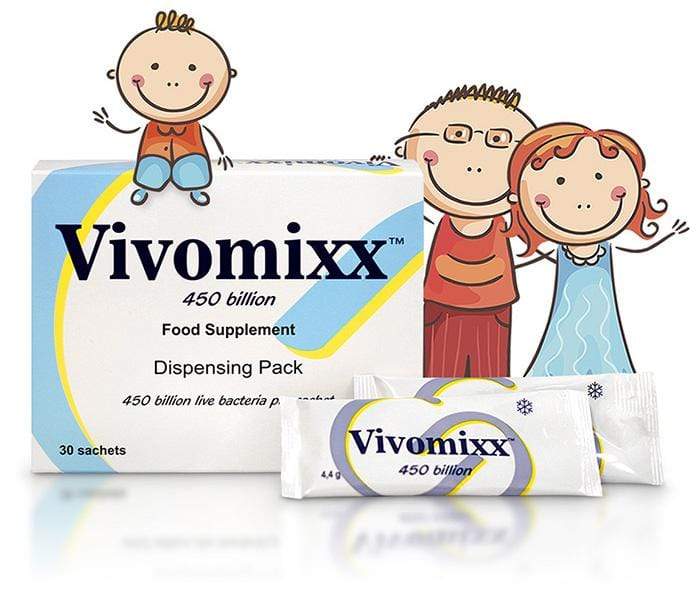
Vivomixx Probiotic 450 Billion 30 Sachets (One Month)
€ 73.75 EUR
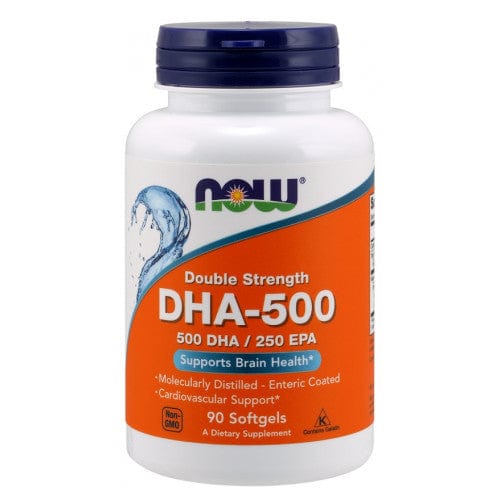
NOW Foods DHA-500 / EPA-250 – 90/180 Softgels
From
€ 32.95 EUR
Regular price
€ 34.95 EUR
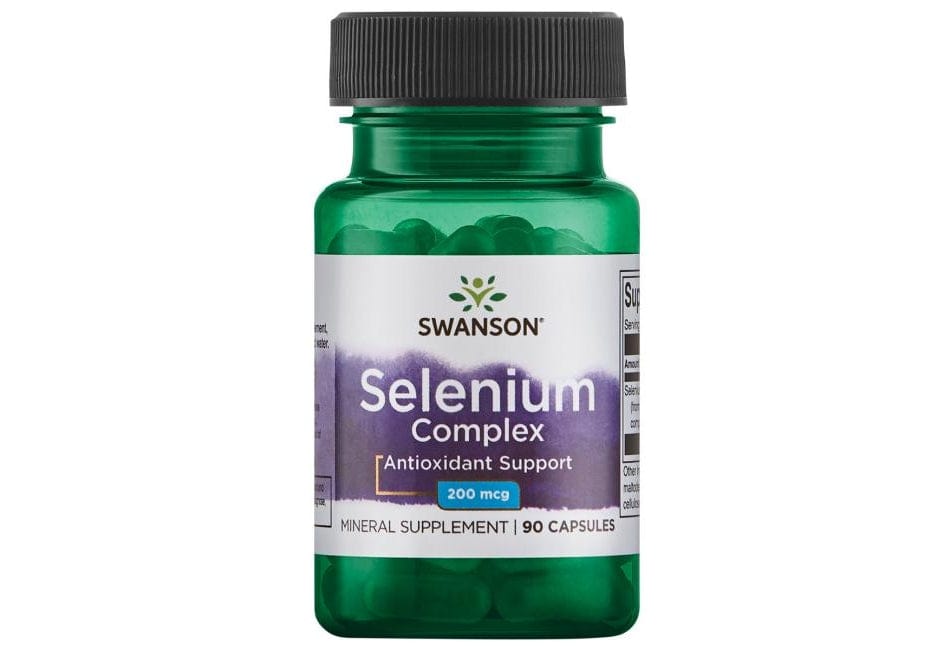
Swanson Selenium Complex 200mcg – 90 Capsules
€ 12.95 EUR
Regular price
€ 14.95 EUR
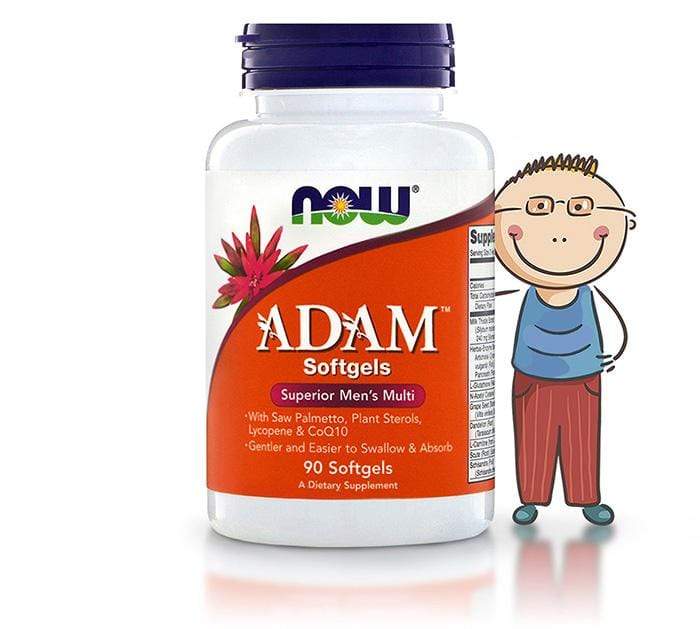
Now Foods Adam Superior Men’s Multi-Vitamin – 90 Softgels | Ireland
€ 32.50 EUR
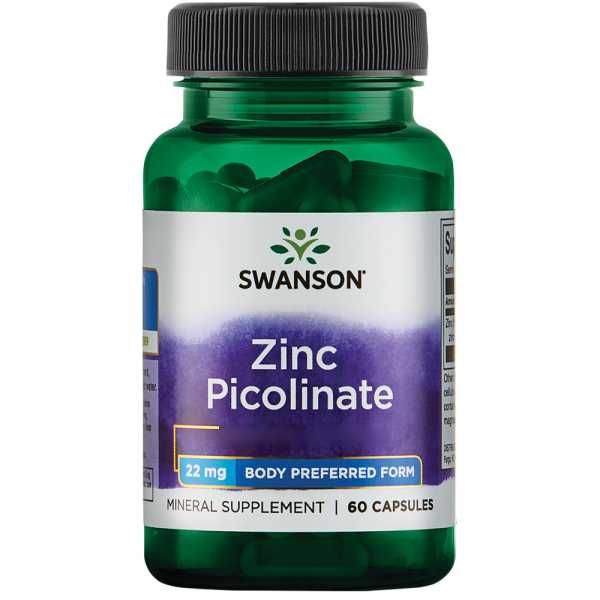
Swanson Zinc Picolinate 22mg - 60 Caps - High Quality Zinc Supplement | Ireland
€ 12.75 EUR
Regular price
€ 13.95 EUR
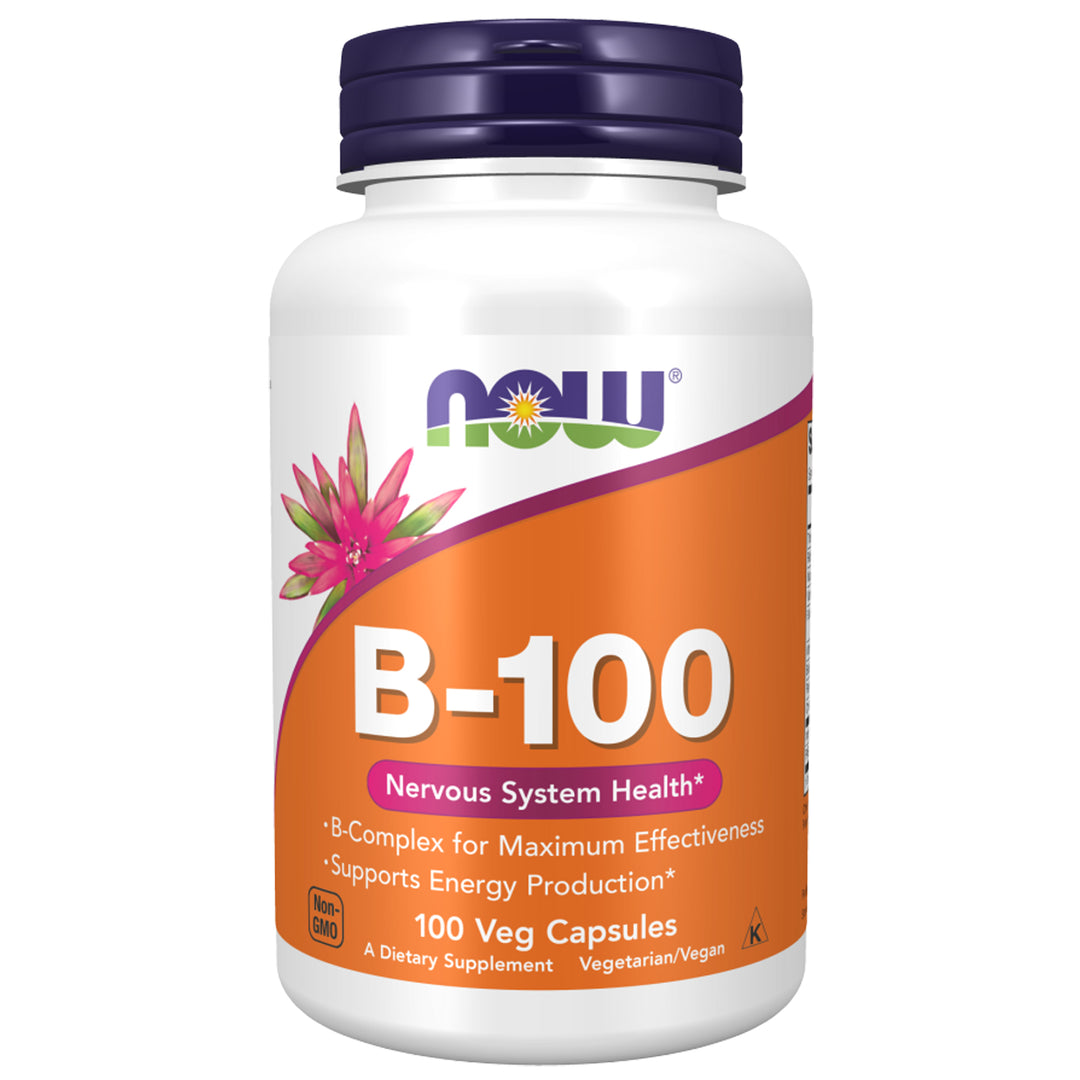
NOW Foods Vitamin B- 100 Complex | 100/250 Vegan Caps
From
€ 22.95 EUR
Regular price
€ 29.95 EUR
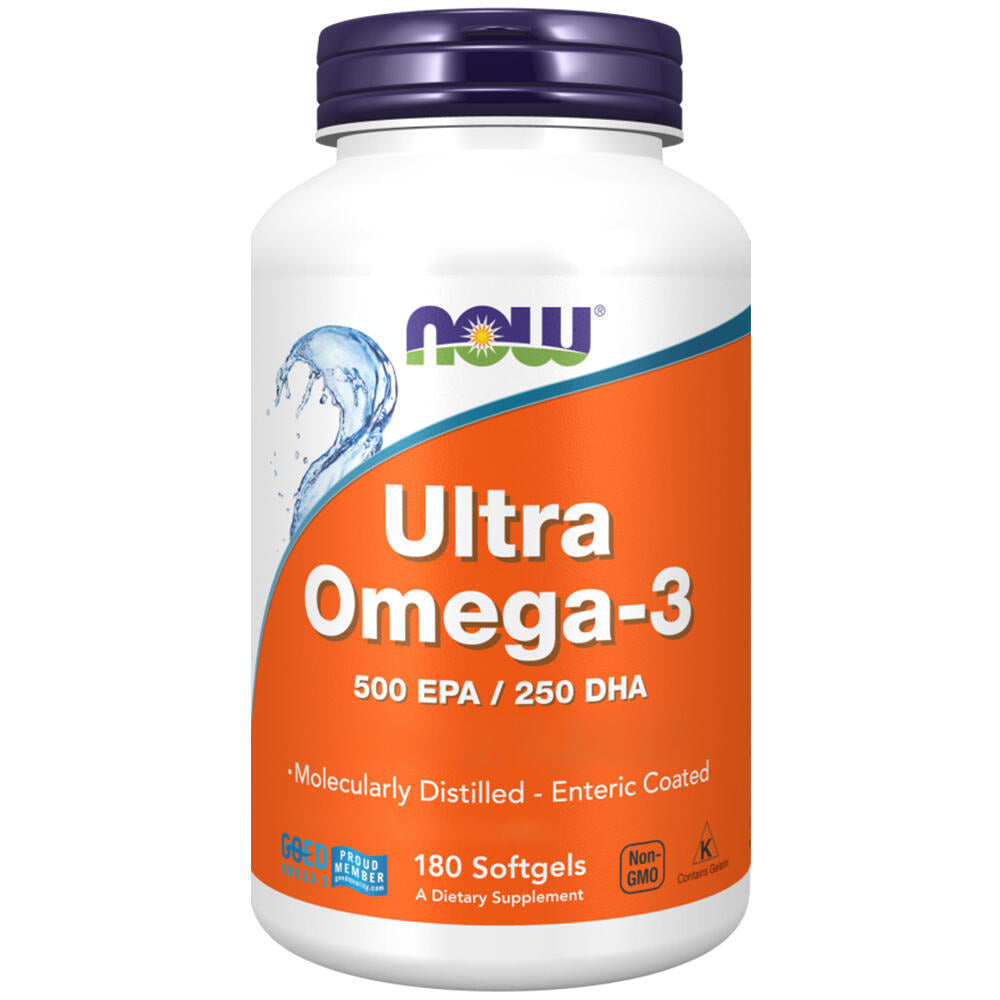
NOW Foods Omega-3 180 Softgels | Food Supplement | Fish Oil Softgels
€ 48.95 EUR
Regular price
€ 49.95 EUR
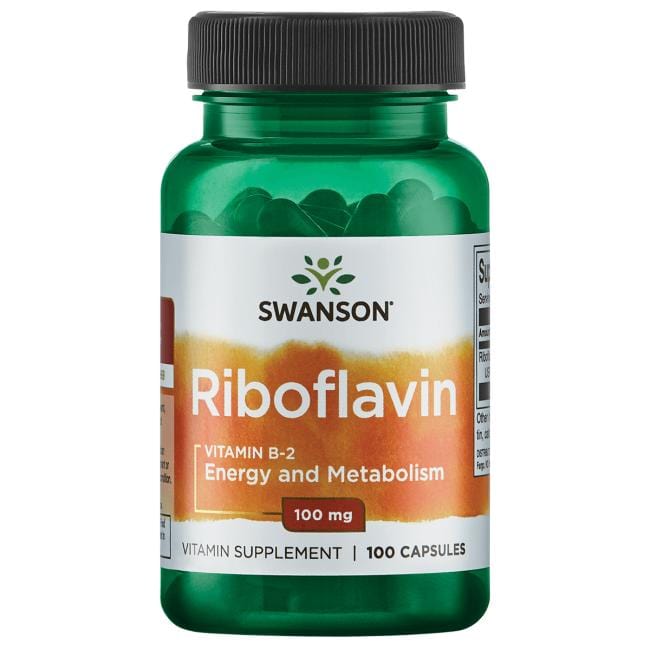
Swanson Vitamin B2 (Riboflavin) 100mg – 100 Capsules
€ 10.95 EUR
Regular price
€ 14.95 EUR
